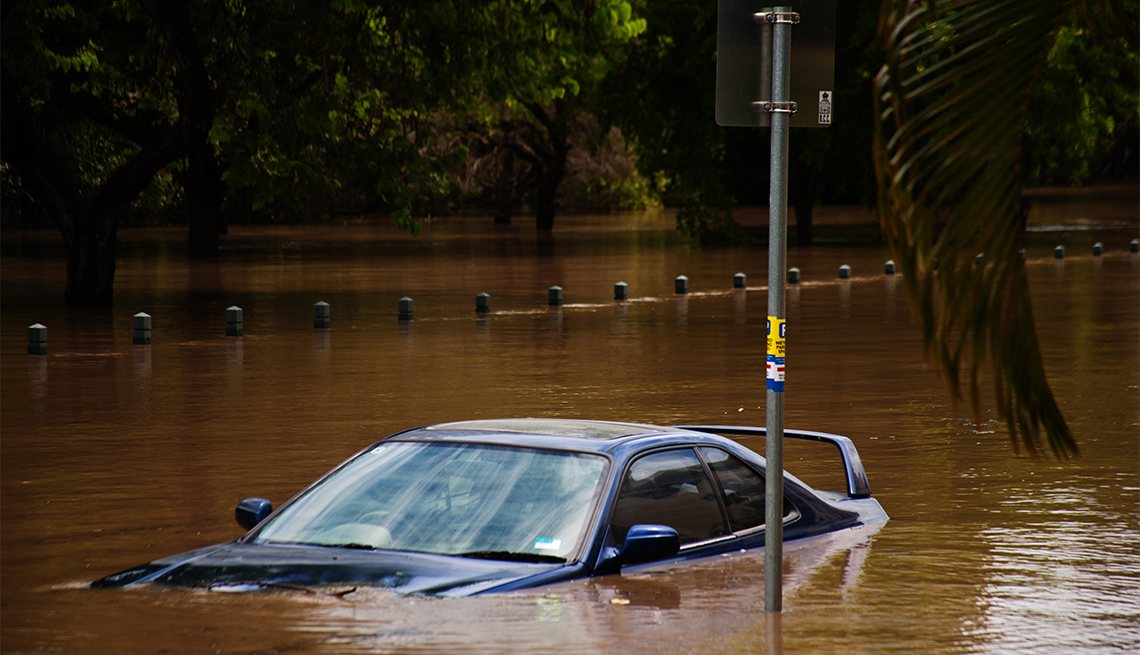
How to avoid buying a vehicle that has been flooded
- Select a language for the TTS:
- UK English Female
- UK English Male
- US English Female
- US English Male
- Australian Female
- Australian Male
- Language selected: (auto detect) - EN
Play all audios:

“If you see a car you’d like to purchase, and you are told it’s a 2006 Honda Accord in blue, but when you look up the VIN it says it’s a 2004 or that its color is black, you will know better
what the seller is selling,” says the NICB’s Lehman. “It could be an honest mistake by the seller, or perhaps not. In this case, best to walk away.” A comprehensive VIN check not only
provides a record of what the car should be, but also where it was registered and for how long. Even if a vehicle escapes a branded title, it cannot escape its time line. Look to see if the
car is on an out-of-state title in another person’s name. Maybe the current owner has had the vehicle for a short time, and the previous owner had it at the time and place of a hurricane or
other flooding event. That’s a big red flag of a relocated flood car. The VIN provides a trustworthy base, but it’s not infallible. Individual owners may have done their own repairs and not
reported the flood to the local DMV. Or a skilled deceit artist may locate a similar car with clean information and clone the VIN to look like the good car. So before you buy the vehicle,
make sure to get it checked out by a mechanic. They will be knowledgeable about the signs of flooding and where to hunt for telltale damage. Mechanics recognize the signs of corrosion on
everything from screws to electrical connectors, and they know where water should never be. Still, Quarno estimates, only a small percentage of the vehicles damaged in a hurricane like Ian
are likely to get back on the consumer market. That’s because there is an entire industry waiting to take them. Though interior and electronic components are typically discarded because of
water damage, other parts — body parts, glass, suspension, tires, trim and plastics — can all be recycled, he says. “Furthermore, these vehicles still have considerable value in the way of
recyclable metals: steel, aluminum, copper, lead and even semiprecious metals like platinum, palladium and rhodium,” he adds. It’s good news to know that the large majority of flood cars
have plenty of legitimate business interest and value. But it doesn’t erase the need to be vigilant about the remaining vehicles that could be part of a pre-owned deal anywhere across the
country.
